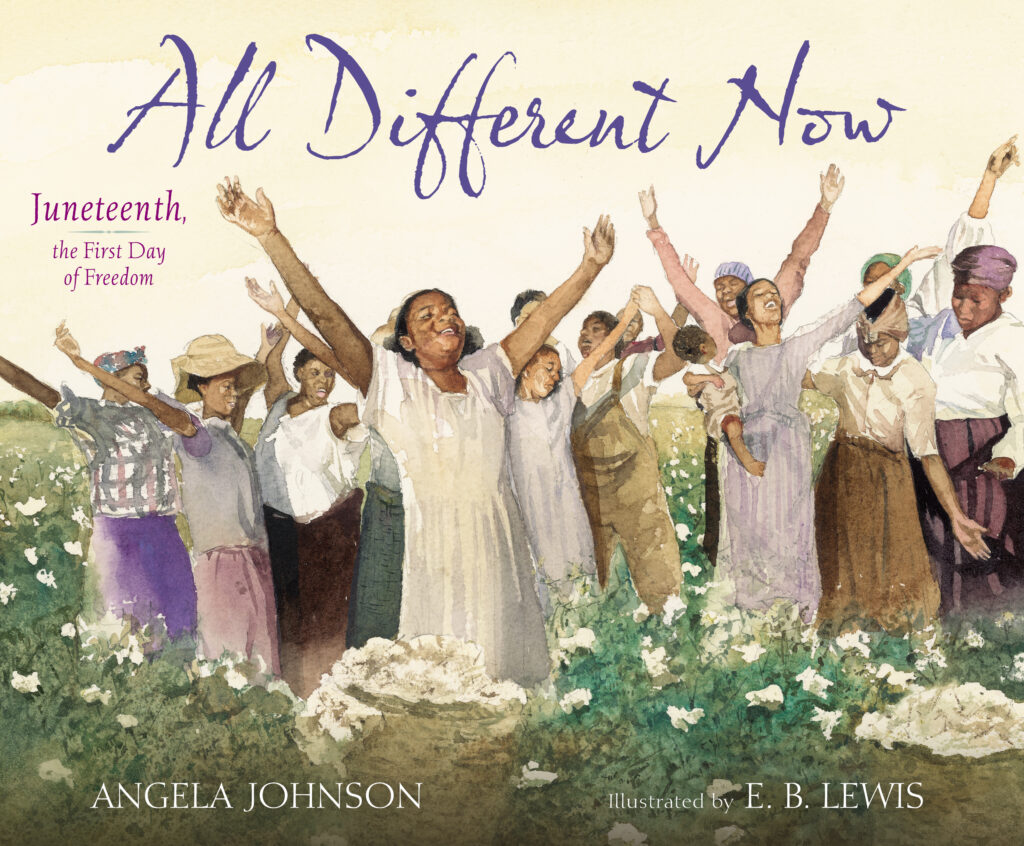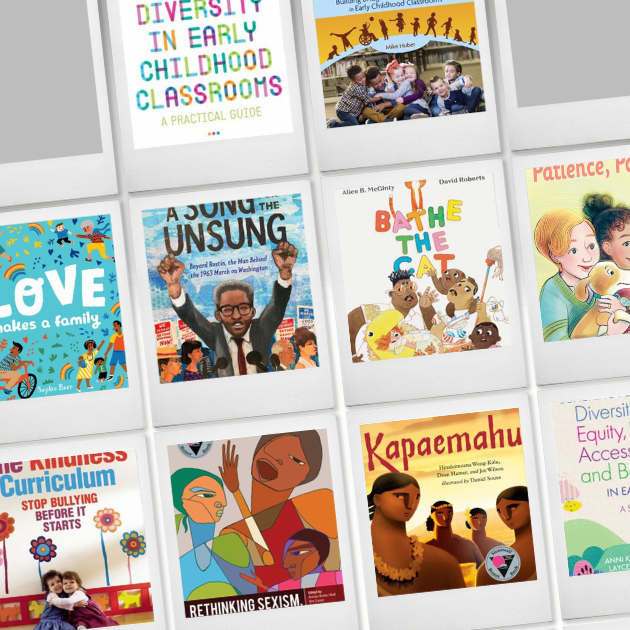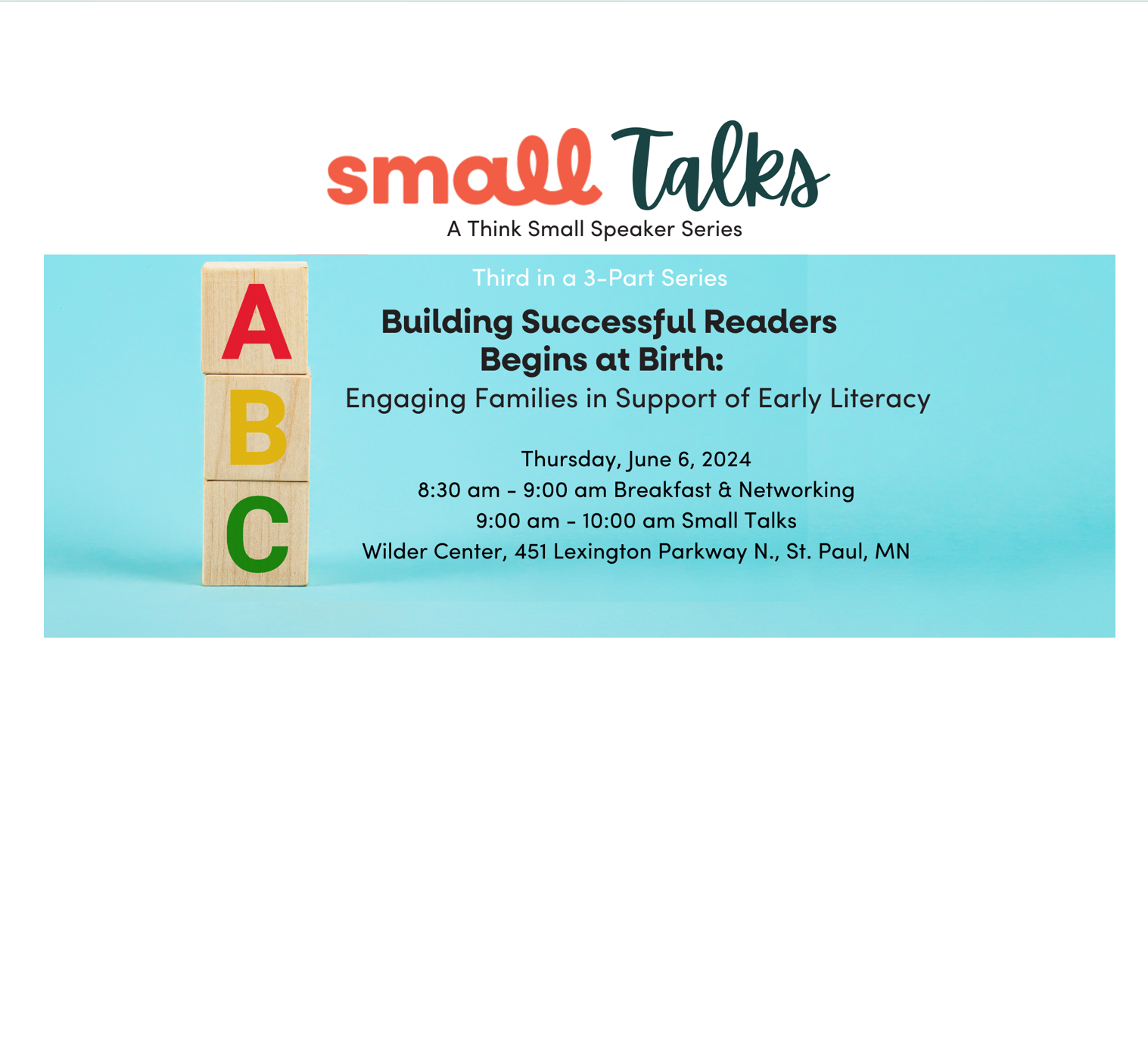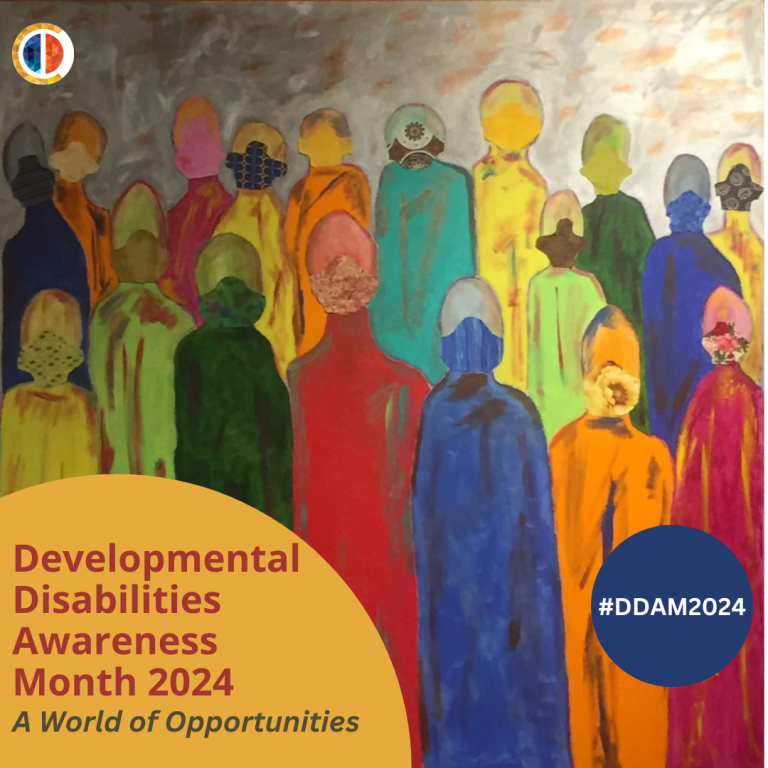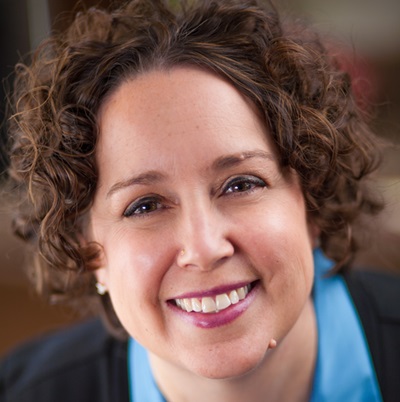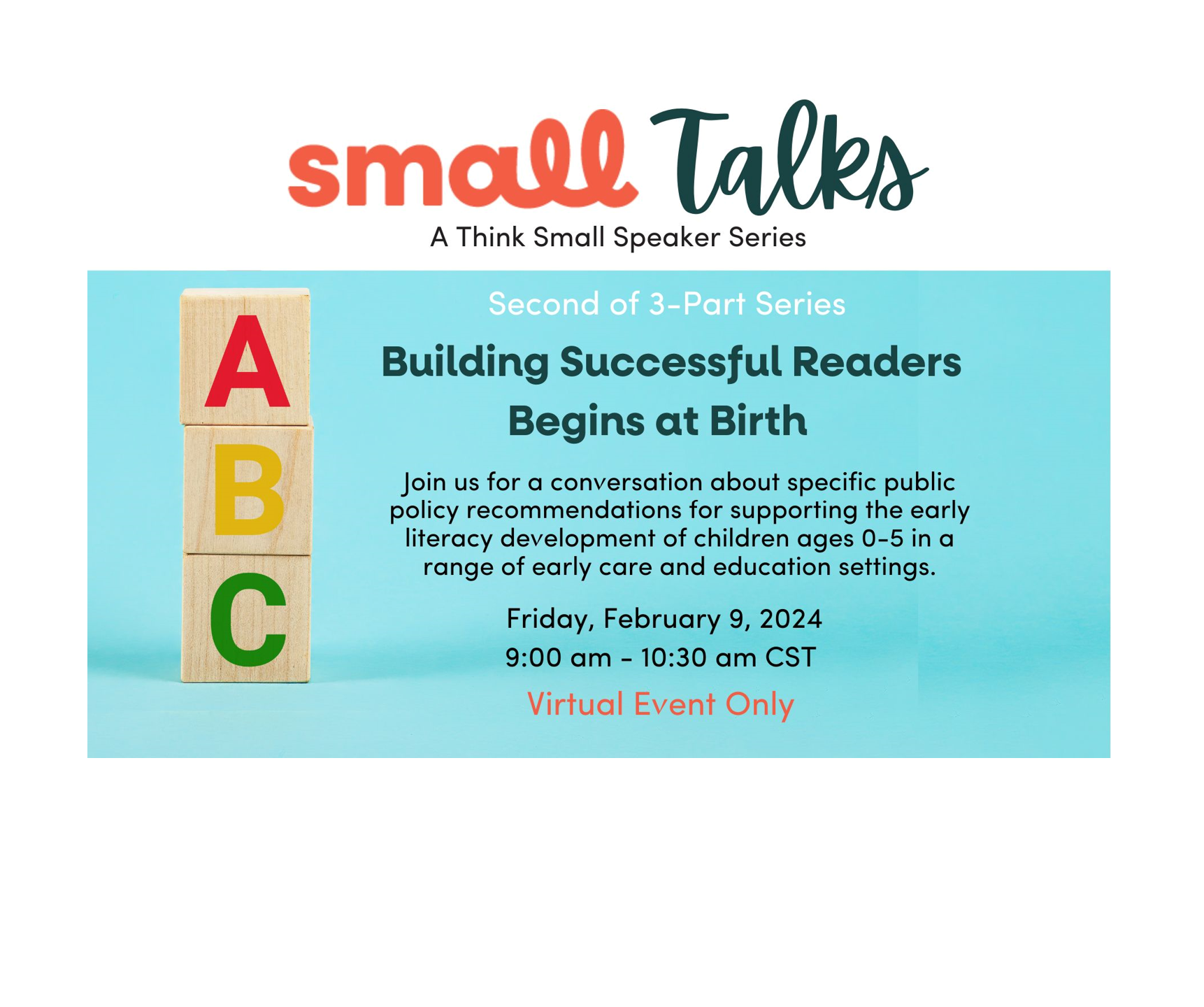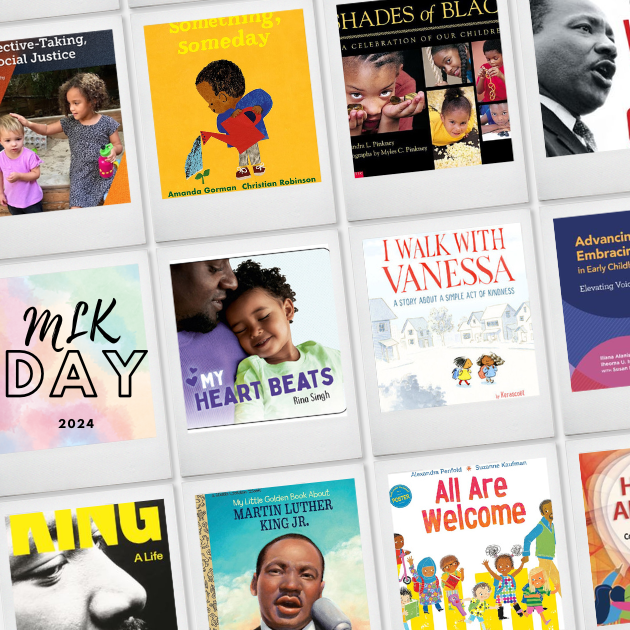By Barbara Yates, President and CEO, Think Small
On June 17, 2021, President Biden signed legislation making Juneteenth a federally recognized holiday in the United States. The Juneteenth holiday celebrates when the last enslaved African Americans were notified of their freedom on June 19, 1865, in Galveston, Texas.
Many African American families mark the day with food, music, community organizing, and being together. To understand the importance of Juneteenth, you need a fundamental understanding of slavery, oppression, and systemic racism which continues in our society today impacting all levels of the education structure.
As Dianne Haulcy, Think Small’s Senior Vice President of Family Engagement, wrote in her blog post “Wake Up Everybody,” published last May around the murder of George Floyd.
“[O]ur classrooms look a lot different than they did even 15 or 20 years ago, but our methods have not changed very much. What does that mean? It means that our teaching system, even in preschool and toddler rooms, carries with it the same implicit bias it always has and values white bodies as more valuable than black and brown bodies . . . Without some type of intervention, well-intended child educators, unconsciously move throughout our systems in society, continuing to value white bodies over black and brown bodies, further perpetuating prejudice. It is learned behavior.”
Dianne Haulcy, Think Small’s Senior Vice President of Family Engagement
It is never too early to start raising anti-racists. As we continue the dialog regarding Juneteenth, below is a curated variety of resources for children, early childhood educators, and families to help learn more about the holiday. We encourage you to incorporate these books, webinars, podcasts, and articles into conversations and curriculum year-round.
Books for Children:
- All Different Now: Juneteenth, the First Day of Freedom, written by Angela Johnson, illustrated by E. B. Lewis
Recommended K – Gr. 4

From the publisher: Through the eyes of one little girl, All Different Now tells the story of the first Juneteenth, the day freedom finally came to the last of the slaves in the South. Since then, the observance of June 19 as African American Emancipation Day has spread across the United States and beyond. This stunning picture book includes notes from the author and illustrator, a timeline of important dates, and a glossary of relevant terms.
- Moses: When Harriet Tubman Led Her People to Freedom, written by Carole Boston Weatherford, illustrated by Kadir Nelson
Recommended PreK – Gr. 3
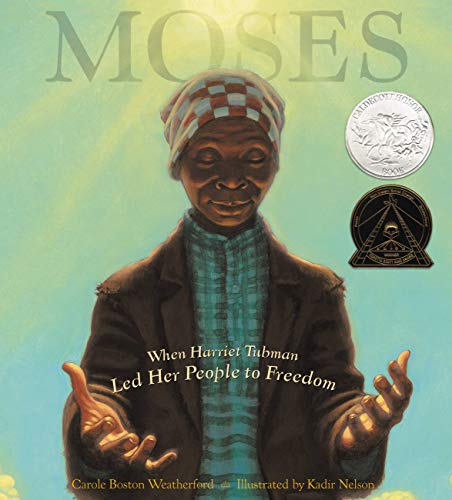
From the publisher: Born into slavery, Harriet Tubman hears these words from God one summer night and decides to leave her husband and family behind and escape. Taking with her only her faith, she must creep through woods with hounds at her feet, sleep for days in a potato hole, and trust people who could have easily turned her in. But she was never alone.
In lyrical text, Carole Boston Weatherford describes Tubman’s spiritual journey as she hears the voice of God guiding her north to freedom on that very first trip to escape the brutal practice of forced servitude. Tubman would make nineteen subsequent trips back south, never being caught, but none as profound as this first one. Courageous, compassionate, and deeply religious, Harriet Tubman, with her bravery and relentless pursuit of freedom, is a testament to the resilience of the human spirit.
- Sing a Song: How Lift Every Voice and Sing Inspired Generations, written by Kelly Starling Lyons, illustrated by Keith Mallett
Recommended K – Gr. 3
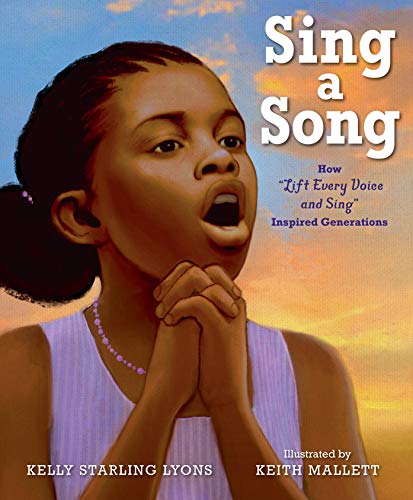
From the publisher: In Jacksonville, Florida, two brothers, one of them the principal of a segregated, all-black school, wrote the song “Lift Every Voice and Sing” so his students could sing it for a tribute to Abraham Lincoln’s birthday in 1900. From that moment on, the song has provided inspiration and solace for generations of Black families. Mothers and fathers passed it on to their children who sang it to their children and grandchildren. It has been sung during major moments of the Civil Rights Movement and at family gatherings and college graduations.
- Freedom in Congo Square, written by Carole Boston Weatherford, illustrated by R. Gregory Christie
Recommended PreK – Gr. 3
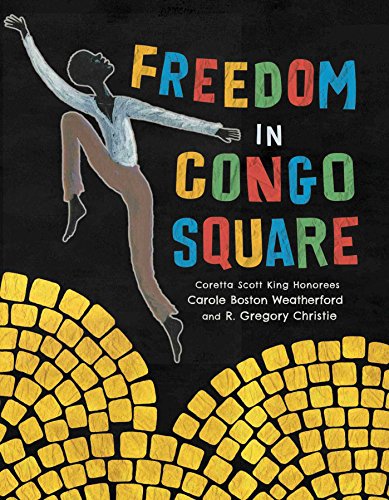
From the publisher: A poetic nonfiction picture book about a little-known piece of African American history that demonstrates how New Orleans’ Congo Square was truly freedom’s heart.
As slaves relentlessly toiled in an unjust system in 19th century Louisiana, they all counted down the days until Sunday, when at least for half a day they were briefly able to congregate in Congo Square in New Orleans. Here they were free to set up an open market, sing, dance, and play music. They were free to forget their cares, their struggles, and their oppression. This story chronicles slaves’ duties each day, from chopping logs on Mondays to baking bread on Wednesdays to plucking hens on Saturday and builds to the freedom of Sundays and the special experience of an afternoon spent in Congo Square. This book also has a foreword from Freddi Williams Evans, a historian and Congo Square expert, as well as a glossary of terms with pronunciations and definitions.
- Overground Railroad, written by Lesa Cline-Ransome, illustrated by James Ransome
Recommended PreK – Gr. 3
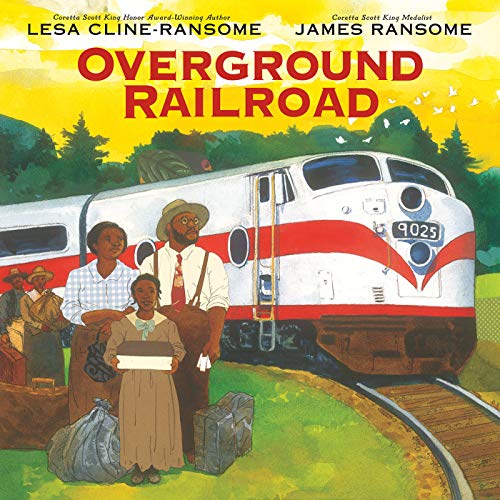
From the publisher: Climbing aboard the New York bound Silver Meteor train, Ruth Ellen embarks upon a journey toward a new life up North— one she can’t begin to imagine. Stop by stop, the perceptive young narrator tells her journey in poems, leaving behind the cotton fields and distant Blue Ridge mountains.
Each leg of the trip brings new revelations as scenes out the window of folks working in fields give way to the Delaware River, the curtain that separates the colored car is removed, and glimpses of the freedom and opportunity the family hopes to find come into view. As they travel, Ruth Ellen reads from Narrative of the Life of Frederick Douglass, reflecting on how her journey mirrors her own— until finally the train arrives at its last stop, New York’s Penn Station, and the family heads out into a night filled with bright lights, glimmering stars, and new possibility.
James Ransome’s mixed-media illustrations are full of bold color and texture, bringing Ruth Ellen’s journey to life, from sprawling cotton fields to cramped train cars, the wary glances of other passengers and the dark forest through which Frederick Douglass traveled towards freedom. Overground Railroad is, as Lesa notes, a story “of people who were running from and running to at the same time,” and it’s a story that will stay with readers long after the final pages.
Books for Educators:
- Anti-Bias Curriculum for the Preschool Classroom, by YWCA Minneapolis Early Childhood Education Department
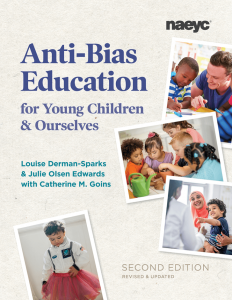
From the publisher: The YWCA Minneapolis Early Childhood Education’s anti-biased and play-based curriculum uses practical and real-life experiences to support teacher learning and practice. With thrilling success in 2016, 94% of infants through preschoolers enrolled in this program were on track with age-appropriate development. This curriculum is flexible enough to accommodate state or local standards while remaining open to children’s ideas, interests, and questions. The YWCA Minneapolis Early Childhood Education Department has been providing quality education for forty years, delivering a powerful blend of high-quality, full-time early childhood education, direct service, and advocacy for children, from infants through ten-year-olds in partnership with their families.
- Roots & Wings: Affirming Culture in Early Childhood Classrooms, written by Stacey York
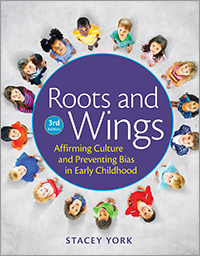
From the publisher: Create a positive environment for working with diverse groups of children and families. Use the updated activities, examples, and research to improve your anti-bias and multicultural education programs. This clear and practical guide includes expanded information on English Language Learners, family engagement, culturally responsive teaching, and staff training.
- You Can’t Celebrate That! Navigating the Deep Waters of Social Justice Teaching, written by Nadia Jaboneta
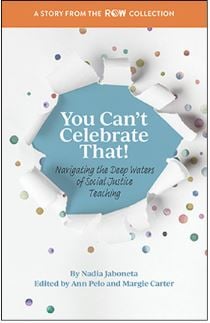
From review by Debbie LeeKeenan and John Nimmo, co-authors of Leading Anti-bias Early Childhood Programs: A Guide for Change: You Can’t Celebrate That! goes beyond anti-bias activities and reveals the critical thinking and process that goes into social justice education. Jaboneta models the self-work we all need to do as anti-bias educators—she is curious, reflective and takes risks as she engages the families and her colleagues into the dilemma.
- Courageous Leadership in Early Childhood Education: Taking a Stand for Social Justice, edited by Susi Long, Mariana Souto-Manning, & Vivian Maria Vasquez
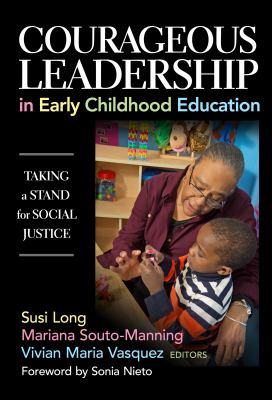
From the publisher: In this inspiring collection, 13 early childhood leaders take action to challenge and change inequitable educational practices in preschools and elementary schools. For them, educating for social justice is not an empty platitude. Steadfast and resolute, they turn rhetoric into reality as they guide early childhood teachers to teach for social justice innovatively and strategically. Through the voices of families, teachers, and the administrators themselves, each chapter shares ways that these leaders use the power entrusted in them to question and disrupt discriminatory and marginalizing practices that deny opportunities for some students while privileging others. The book includes insights, strategies, and resources that administrators can use to build confidence, knowledge, and skills as they invest in more equitable and just preschools and schools.
- Standing Up for Something Every Day: Ethics and Justice in Early Childhood Classrooms, written by Beatrice Schneller Fennimore
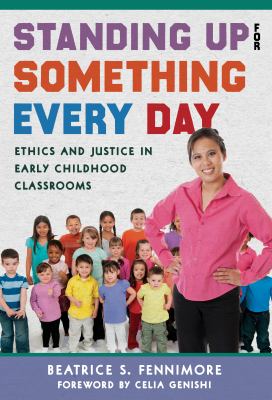
From the publisher: Standing Up for Something Every Day is written for present and future teachers in the early childhood classroom who truly want to make a difference in the lives of children. Exploring some of the most complex and pressing social and ethical dilemmas confronting early childhood educators, the author provides concrete ways of addressing social justice concerns in practice. Four model teacher-guides accompany readers from chapter to chapter and demonstrate strategies for standing up for children through ethics, respect for diversity, and commitment to advocacy. This book offers important insights, encouragement, and practical suggestions to early childhood educators who are committed to excellence and equity in their classrooms.
Additional Resources:
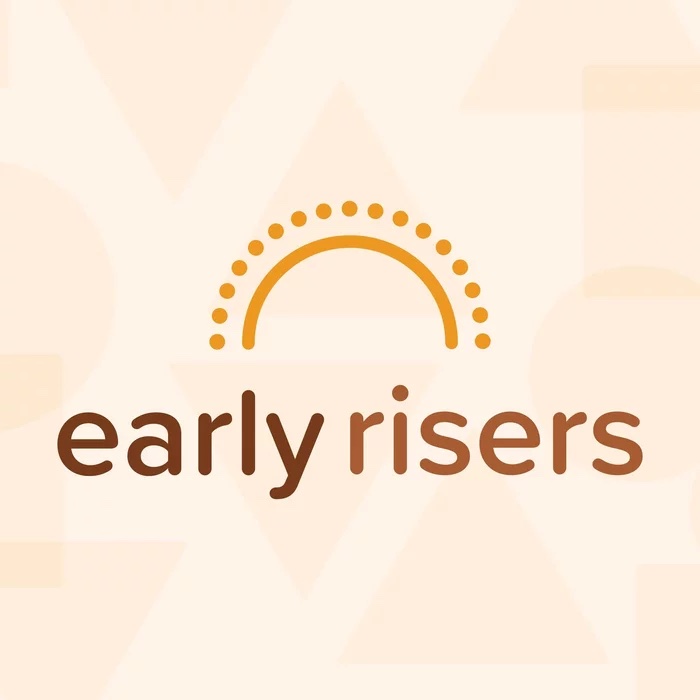
“George Floyd’s death was a tragedy and a wakeup call—expanding a global conversation about race and racism. And young children have been watching it all. So how do we make sense of this for them? Early Risers is podcast from Little Moments Count and MPR with frank facts, engaging stories and real how-tos for anyone who cares about raising children with a clear-eyed understanding of cultural differences, race, and implicit bias. Hosted by Dianne Haulcy of Think Small.”
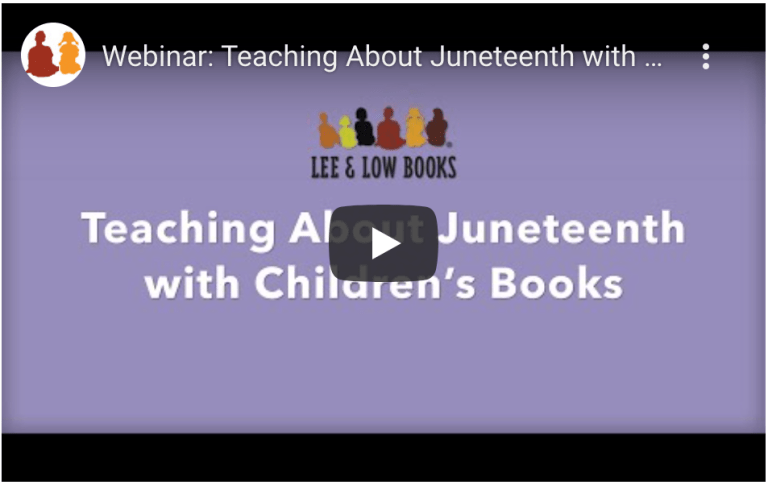
A list of resources to support teaching children about Juneteenth from the largest multicultural children’s book publisher, including booklists, classroom resources, and a webinar led by Newbery and Caldecott Honor-winning author and poet Carole Boston Weatherford.
- Teaching Young Children about Race: A Guide for Parents and Teachers (excerpted from Anti-Bias Education for Young Children and Ourselves by Louise Derman-Sparks and Julie Olsen Edwards)
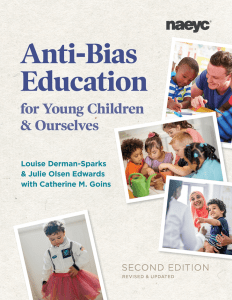
“Recent events have led many parents and teachers to seek out resources to address issues of race and inequality with young children. We share with you here an excerpt from the book Anti-Bias Education for Young Children and Ourselves. The book offers practical guidance to early childhood educators (including parents) for confronting barriers of prejudice, misinformation, and bias about specific aspects of personal and social identity; most importantly, it includes tips for adults and children to respect each other, themselves, and all people.”
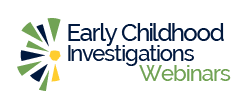
“In this compelling webinar, early childhood teacher, equity expert, and author, Nadia Jaboneta will share the story from her most recent book, You can’t Celebrate That! The session will explore the depths of Nadia’s riveting social justice journey as she partnered with families to explore cultural identity, religious celebrations and expressions of racism in response to a biased comment by one child to another in her diverse preschool class.”
- Public library Juneteenth programming for people of all ages: St. Paul Public Library & Hennepin County Library

About Think Small and Redleaf Press
Think Small is a 501 (c)(3) based in St. Paul, MN. Think Small’s mission is to advance quality care and education of children in their crucial early years. Think Small’s work includes training early childhood educators, financial supports for families, advocating at local and state levels, and creating new high-quality early childhood spaces through the Build Your Own program. Think Small is committed to anti-racism and closing the opportunity gap in Minnesota so all children can thrive. Learn more at www.ThinkSmall.org.
Redleaf Press is the publishing division of Think Small, creating exceptional curriculum, management, and business resources for early childhood professionals. Proceeds from Redleaf Press support many of the services that are offered to teachers, directors, providers, and families through Think Small. Shop Redleaf Press at www.RedleafPress.org.
